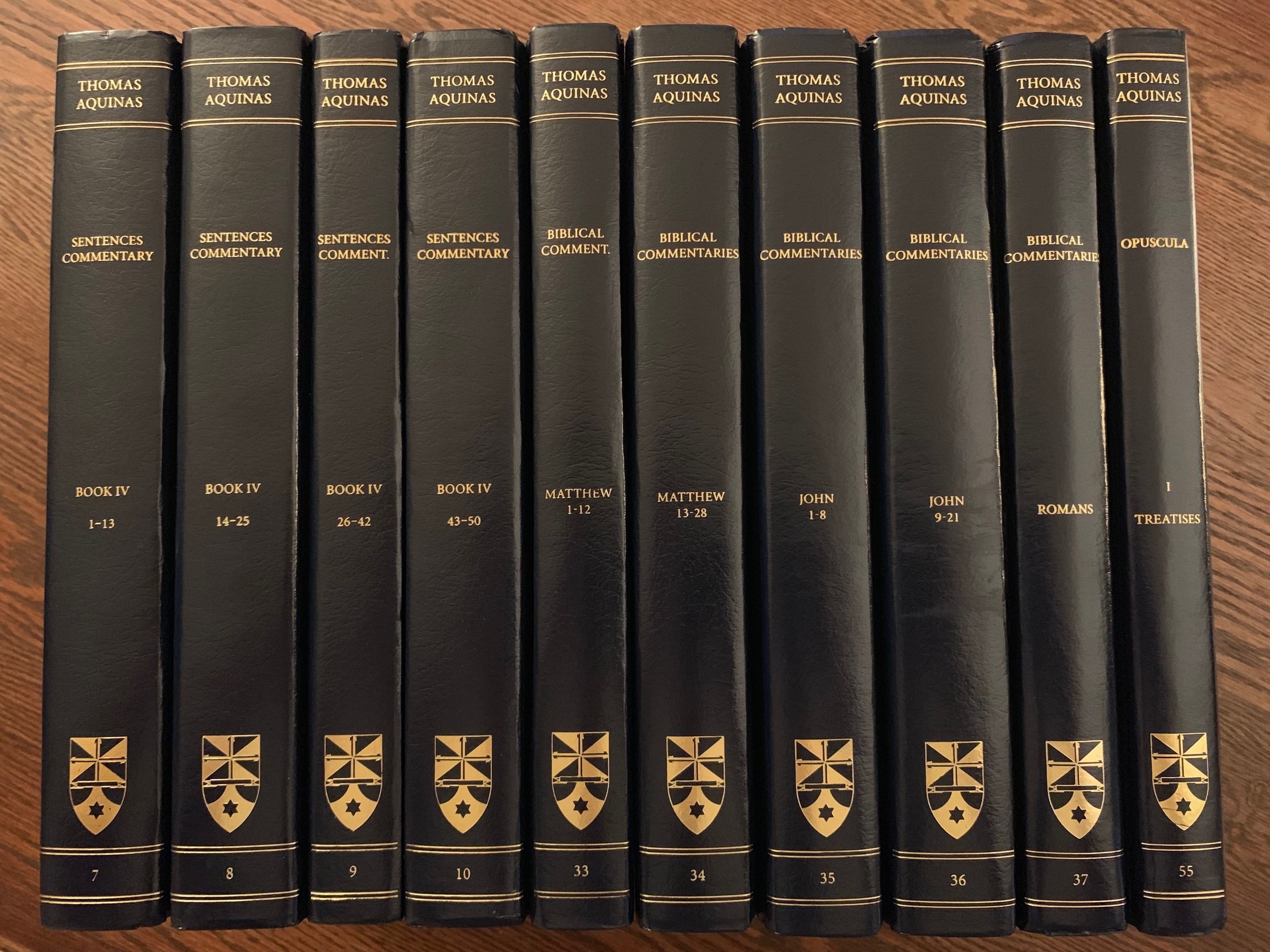The Love of God Poured Out: Grace and the Gifts of the Holy Spirit in St. Thomas Aquinas
/John M. Meinert offers a signal contribution to contemporary scholarship on the gifts of the Holy Spirit in The Love of God Poured Out: Grace and the Gifts of the Holy Spirit in St. Thomas Aquinas. St. Thomas composed his Summa theologiae as a unified presentation of sacra doctrina, and Meinert uncovers the riches of reading the treatise on grace in the Summa alongside the treatise on the gifts.
Servais Pinckaers argued that that the gifts of the Holy Spirit exert a perpetual and pervasive influence on the Christian moral life, contrary to the more traditional reading of Aquinas that the gifts are only intermittently activated by a distinct grade of supernatural inspirations. Meinert gives greater traction to Pinckaers’s interpretation by arguing in various ways that the instinctus of the Holy Spirit is in fact identical with the common auxilium that God gives to believers, i.e. actual grace. From this central thesis, Meinert offers an impressive number of implications for Thomistic thought on the modes of human action, sacramental grace, merit, perseverance, the divisions of grace, the relations between grace, gifts, and virtues, etc. The book also contains some handy expositions of St. Thomas’s analogous uses of the terms instinctus, auxilium, necessity, and motion. Meinert offers a highly credible alternative to the traditional reading of St. Thomas on the gifts. His project, however, would be helpfully supplemented with a more thorough account of the context in which St. Thomas developed his theology of the gifts as well as the formation of the traditional consensus about their unique mode of operation. I suspect that investigating these contexts will give conclusive evidence that Meinert has in fact struck key insights in St. Thomas’s thought.
The Love of God Poured Out is highly technical and would not be suitable for anyone who is not already familiar with St. Thomas’s treatments of both grace and the gifts. That said, for anyone with a serious scholarly interest in the gifts of the Holy Spirit, this book is simply indispensable.
- Reviewed by Joshua Revelle, The Catholic University of America















